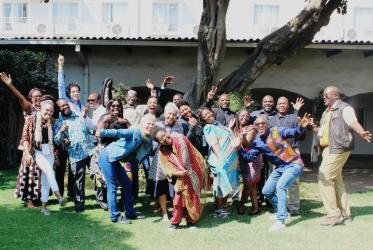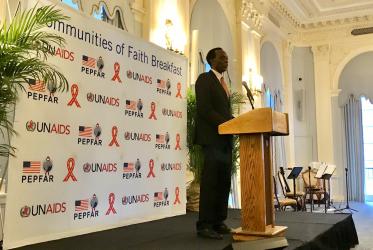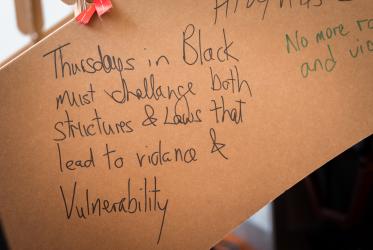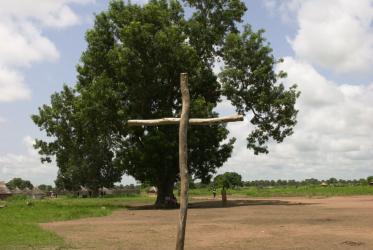Displaying 181 - 200 of 595
Churches in southern Africa stand against violence, xenophobia
10 October 2019
When you strike the women, you strike a rock
18 September 2019
UN day on violence victims stresses religious tolerance
22 August 2019
Faltering Colombian peace process needs urgent work
07 June 2019
Workshop in Jamaica focuses on human rights
16 May 2019








